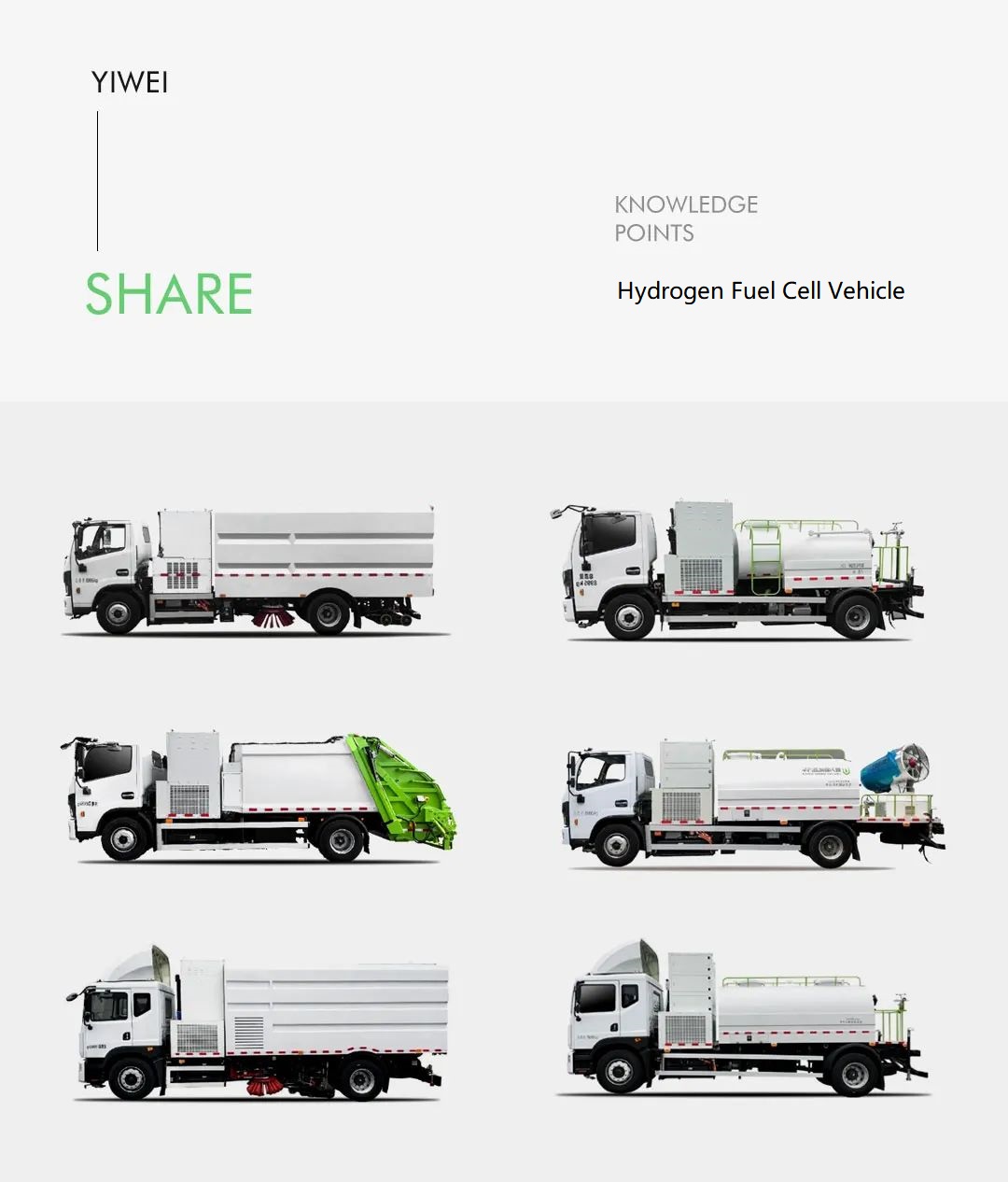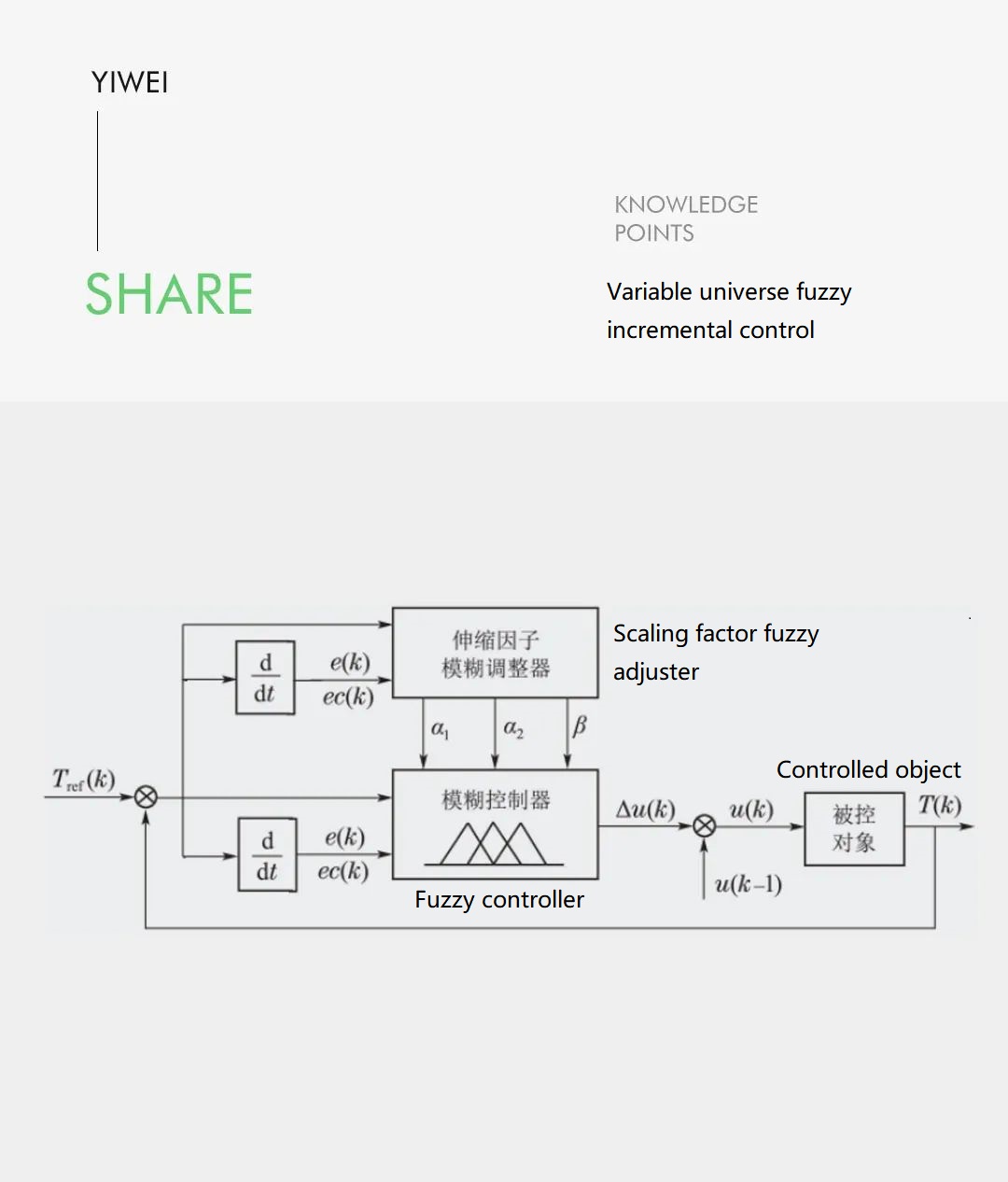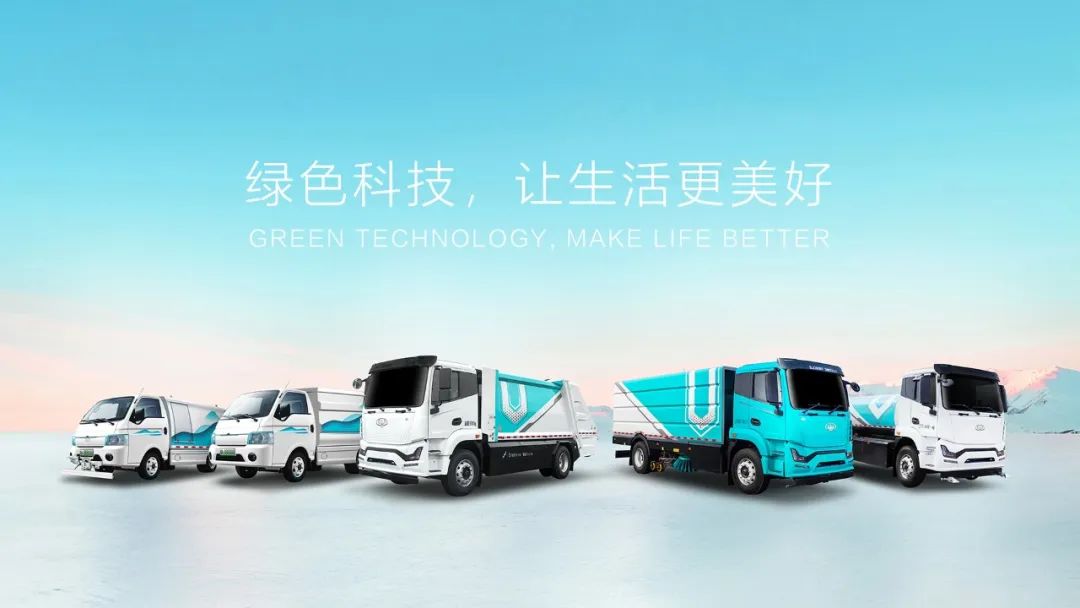For the selection of fuel cell system control algorithms in hydrogen fuel cell vehicles, it is crucial to consider the control requirements and the level of implementation. A good control algorithm allows for precise control of the fuel cell system, eliminating steady-state errors and achieving high-precision control. Researchers have explored various control algorithms for fuel cell systems, including proportional-integral control, state feedback control, segmented predictive negative feedback control, nonlinear feedforward and linear quadratic regulator feedback control, and generalized predictive control. However, these control algorithms are not well suited for hydrogen fuel cell vehicles due to the nonlinearity and uncertainty of the fuel cell system parameters. These algorithms have limitations, especially when faced with dynamic load changes and variations in system parameters, resulting in unacceptable closed-loop performance.
Currently, the most suitable control algorithm for fuel cell systems is fuzzy control. Building upon fuzzy control, researchers have proposed a more reasonable control algorithm called variable domain fuzzy incremental control. This algorithm retains the advantages of fuzzy control, such as independence from precise models of the controlled object, simplicity of structure, good adaptability, and robustness. Additionally, it addresses the issues of poor steady-state accuracy and static errors that may arise in fuzzy control. By using scaling factors to expand or contract the fuzzy domain, the algorithm indirectly increases the number of control rules, achieving zero steady-state errors and high-precision control. Furthermore, the variable domain fuzzy incremental control system exhibits fast dynamic response within a large range of errors, enabling the system to avoid adjustment dead zones within small deviation ranges and further improving the system’s dynamic and static performance as well as robustness.
01
Nonlinearity and uncertainty of the fuel cell system parameters
Although hydrogen fuel cell vehicles have advantages such as low noise, high efficiency, good power performance, and long driving range with hydrogen gas as the energy source, many internal transport processes occur simultaneously within the fuel cell, including heat transfer, charge transfer, product emission, and supply of reaction gases. As a result, factors such as temperature, humidity, airflow, and current are distributed unevenly along the reactant flow field. This introduces nonlinearity and uncertainty into the fuel cell system, and if these factors are not properly controlled, they can have adverse effects on the performance and health status of the fuel cell.
02
Advantages of variable domain fuzzy incremental control
Variable domain fuzzy incremental control is an optimization built upon fuzzy control. It not only retains the advantages of fuzzy control, such as independence from precise models of the controlled object, simplicity of structure, good adaptability, and strong robustness but also addresses the potential issues of poor steady-state accuracy and static errors in fuzzy control. By using scaling factors to expand or contract the fuzzy domain, the control rules can be indirectly increased, enabling zero steady-state errors and high-precision control. Additionally, the dynamic response speed of the variable domain fuzzy incremental control system is fast within a wide range of errors, allowing the system to avoid adjustment dead zones within small deviation ranges and further enhancing the system’s dynamic and static performance as well as robustness.
Chengdu Yiwei New Energy Automobile Co., Ltd is a high-tech enterprise focusing on electric chassis development, vehicle control, electric motor, motor controller, battery pack, and intelligent network information technology of EV.
Contact us:
yanjing@1vtruck.com +(86)13921093681
duanqianyun@1vtruck.com +(86)13060058315
liyan@1vtruck.com +(86)18200390258
Post time: Oct-11-2023











